hot japanese movies
![]()
The best Japanese movies that you need to lookout man
Pop the popcorn, go a blanket, and get comfortable on your couch. Information technology'due south time to binge the best Japanese movies of all time.
Nihon has a rich history of filmmaking and is one of the oldest, too. We may think Hollywood's all-time at the drib of a hat, merely the land of the rising sunday is second to none when it comes to celluloid entertainment. In fact, they have influenced some of the best directors across the Pacific.
George Lucas once said Akira Kurosawa'south pic The Hidden Fortress helped in the creation of the Star Wars world, and Steven Spielberg even called the Japanese managing director "the pictorial Shakespeare of our fourth dimension." And so, selecting and putting together the best Japanese movies on a listing is not an piece of cake feat considering its path-breaking cinematic history. However, we tried and below you will find what we think are quite peradventure the best-ever Japanese movies, which transcend generations and borders.
For whatever cinephile, the list, consisting of world-renowned films like Kurosawa'south Seven Samurai and Yasujirō Ozu's Late Spring, is a must-scout. Here are the twelve best Japanese films of all time that should be a office of your picket list.
Best Japanese movies ever made
All images courtesy: IMDb
- 7 Samurai
- Ikiru
- Loftier And Low
- Ugetsu
- Late Leap
- Spirited Abroad
- Harakiri
- Adult female in the dunes
- Tokyo Story
- Rashomon
- Ran
- Yojimbo
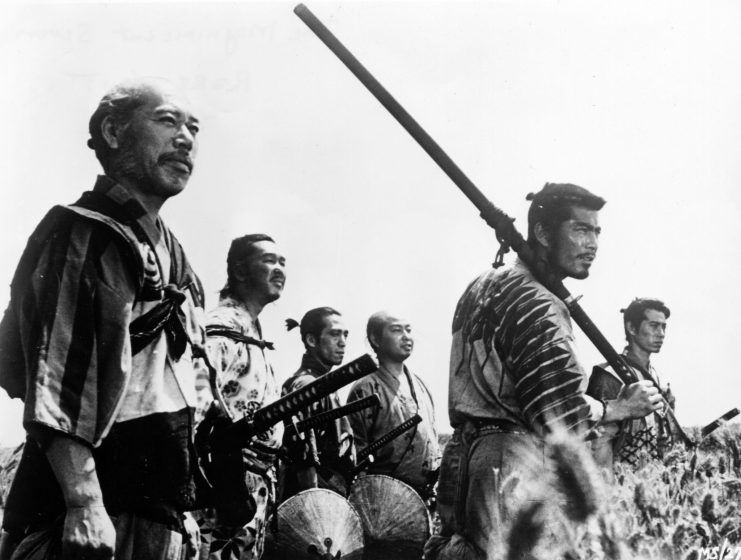
Director: Akira Kurosawa
Cast: Toshirô Mifune, Takashi Shimura, Keiko Tsushima
Release engagement: 26 Apr 1954
Synopsis: Information technology is considered one of the best Japanese Samurai movies and has been an inspiration to many films across the globe. The plot, gear up in the 16th century, is nigh a Japanese village which seeks help from 7 ronin (masterless samurai) to defend their crops confronting terrorising bandits.
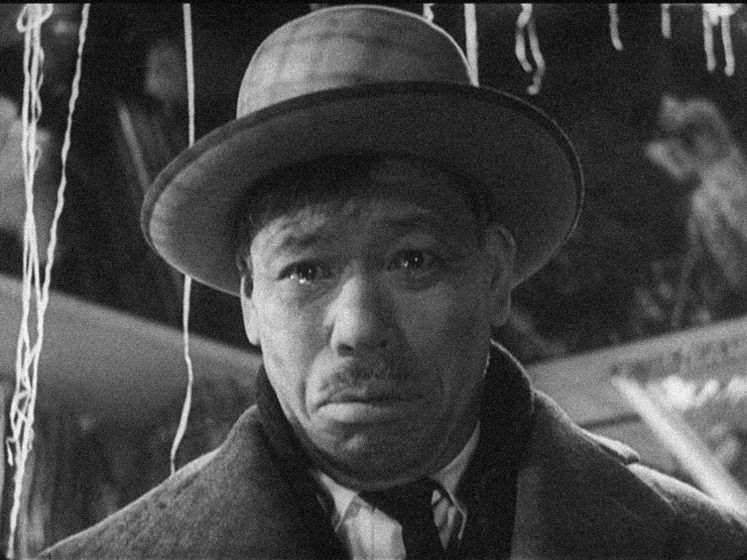
Managing director: Akira Kurosawa
Cast:Takashi Shimura, Nobuo Kaneko, Shin'ichi Himori
Release date: 09 October 1952
Synopsis: Partly inspired by Leo Tolstoy's 1886 novella The Death of Ivan Ilyich, the film deals with the struggles of a terminally ill Tokyo bureaucrat (Shimura) to find meaning in his life after learning that his stomach cancer has left him with less than a year to live.
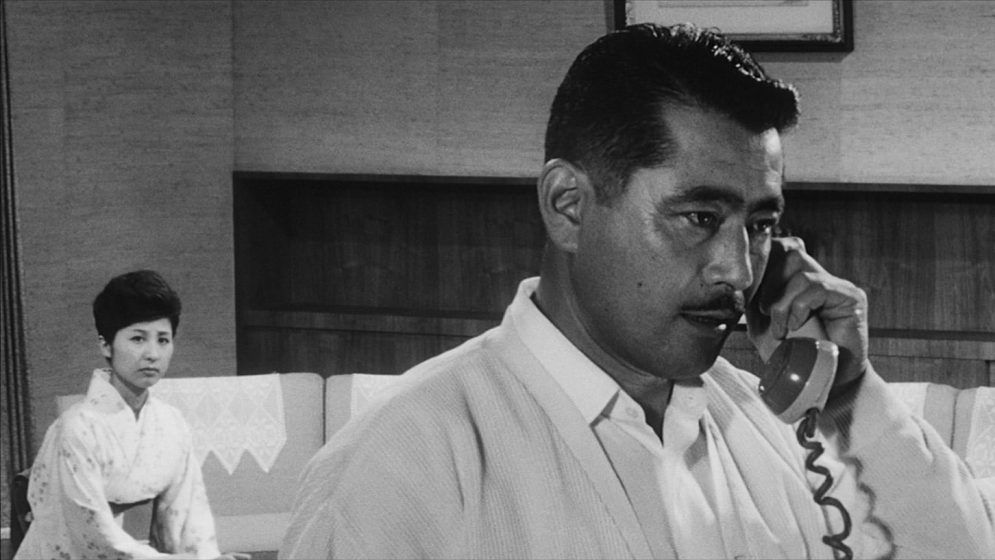
Managing director: Akira Kurosawa
Bandage: Toshirô Mifune, Yutaka Sada, Tatsuya Nakadai
Release date: ane March 1963
Synopsis: An adaption of Ed McBain'southward detective novel, Male monarch's Ransom, the 1963 crime picture revolves around a powerhouse executive (Mifune) who has to make a tough determination later his servant's son is kidnapped for bribe.
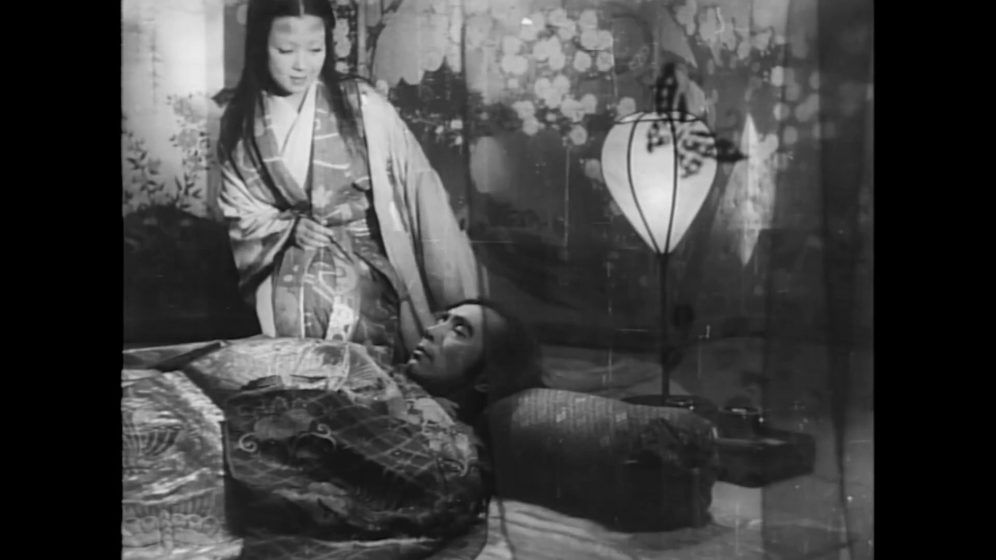
Managing director: Kenji Mizoguchi
Bandage: Masayuki Mori, Machiko Kyô, Kinuyo Tanaka
Release appointment: 26 March 1953
Synopsis: Based on two stories in Ueda Akinari'south 1776 book of the aforementioned name, the historical fantasy picture is set up in Japan's civil war Azuchi–Momoyama catamenia. The ghost movie is nigh Genjuro (Mori) and Tobei(Ozawa) and their ambitions and desires, which destroy their families and lead them to devastation.
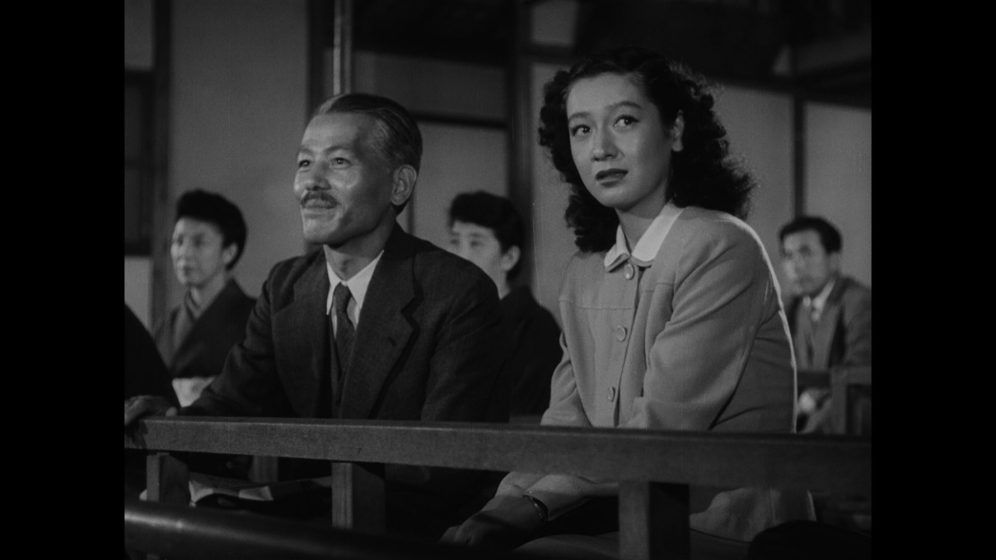
Director: Yasujirō Ozu
Cast:Chishû Ryû, Setsuko Hara, Yumeji Tsukioka
Release date: thirteen September 1949
Synopsis: Based on the short novel Chichi to Musume past Kazuo Hirotsu, the plot revolves effectually a young woman (Hara) who has been put in a position where she has to choose between taking care of her widowed father (Ryû) and getting married, leaving him all alone.
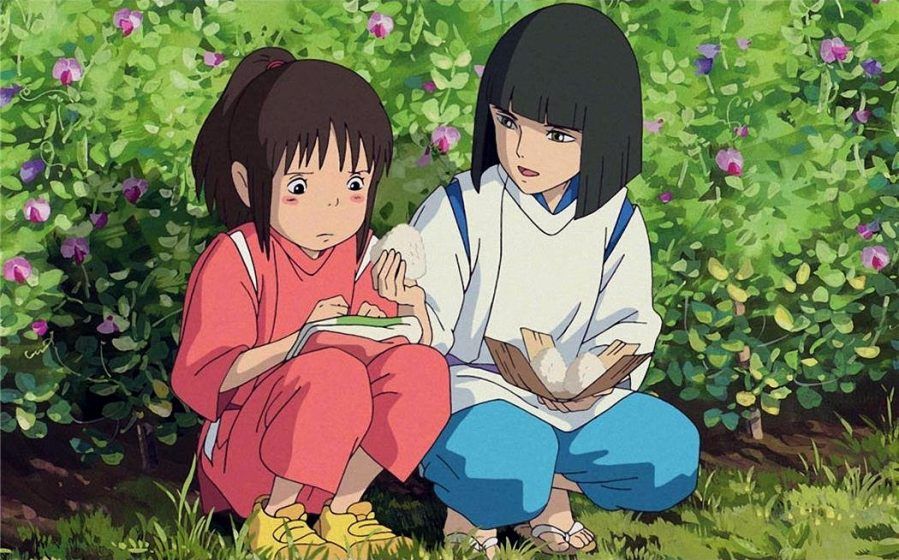
Director: Hayao Miyazaki
Cast: Miyu Irino, Rumi Hiiragi, Mari Natsuki
Release date: 20 July 2001
Synopsis: Spirited Away tells the story of a 10-year-old girl, Chihiro Ogino (Hiiragi), who is trying to gratuitous herself from the clutches of demonic forces and save her parents, who have turned into pigs afterwards eating nutrient at a cursed amusement park. Information technology'due south the offset and only paw-drawn non-English-linguistic communication animated pic to win an University honor.
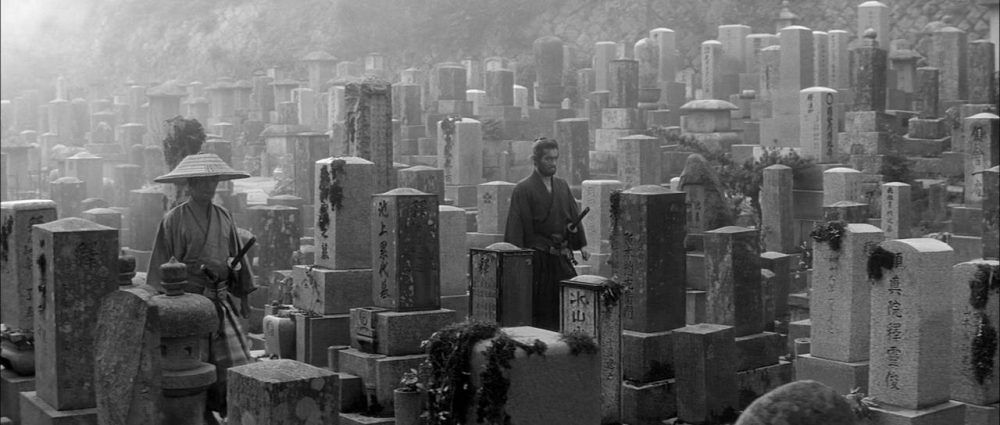
Director: Masaki Kobayashi
Bandage: Tatsuya Nakadai, Akira Ishihama, Shima Iwashita
Release engagement: 16 September 1962
Synopsis: The story is almost a 17th-century ronin, Hanshirō Tsugumo (Nakadai), who wants to stop his life in a suicide ritual called 'Harakiri,' but not before telling a tale which would raise questions on the very foundations of the samurai organisation.
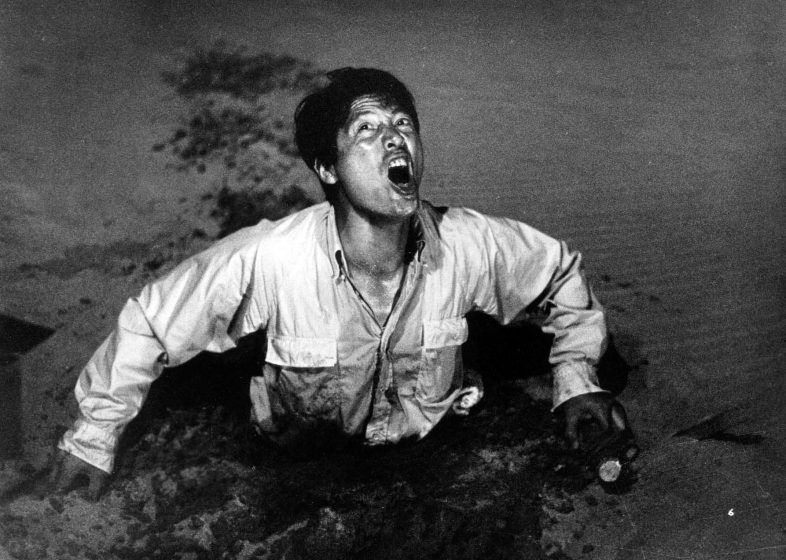
Director: Hiroshi Teshigahara
Bandage: Eiji Okada, Kyôko Kishida, Hiroko Itô, Kôji Mitsui
Release appointment: 15 Feb 1964
Synopsis: Adapted from a novel by the same name by Kobo Abe, this Teshigahara's archetype narrates a story of an amateur entomologist (Okada) and his survival after he finds himself trapped with a widow(Kishida) in her hut under a sand dune.
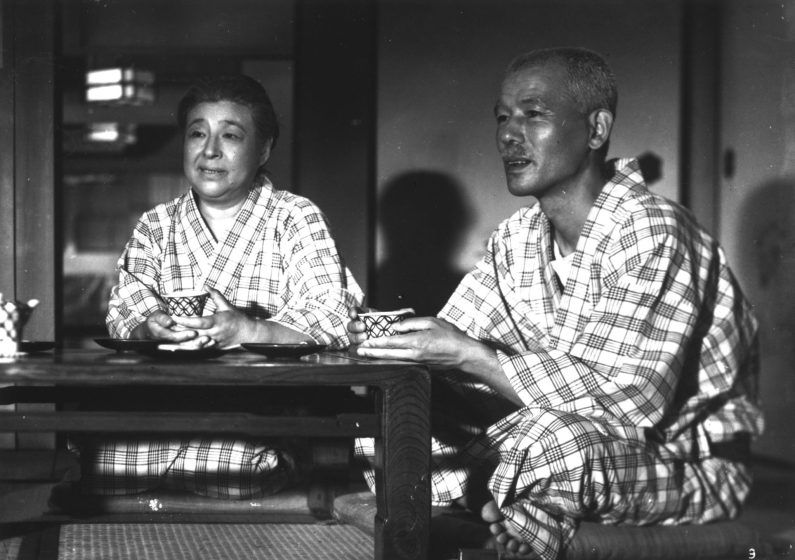
Manager: Yasujirô Ozu
Cast: Chishû Ryû, Chieko Higashiyama, Sô Yamamura
Release date: 03 Nov 1953
Synopsis: In some other of Ozu's best Japanese films, an ageing couple, Tomi (Higashiyama) and Sukichi Hirayama (Ryû), visit their two developed children in the bustling urban center of Tokyo but end up being neglected. The movie is a center-wrenching watch that focuses on family drama, ageing and parenting.
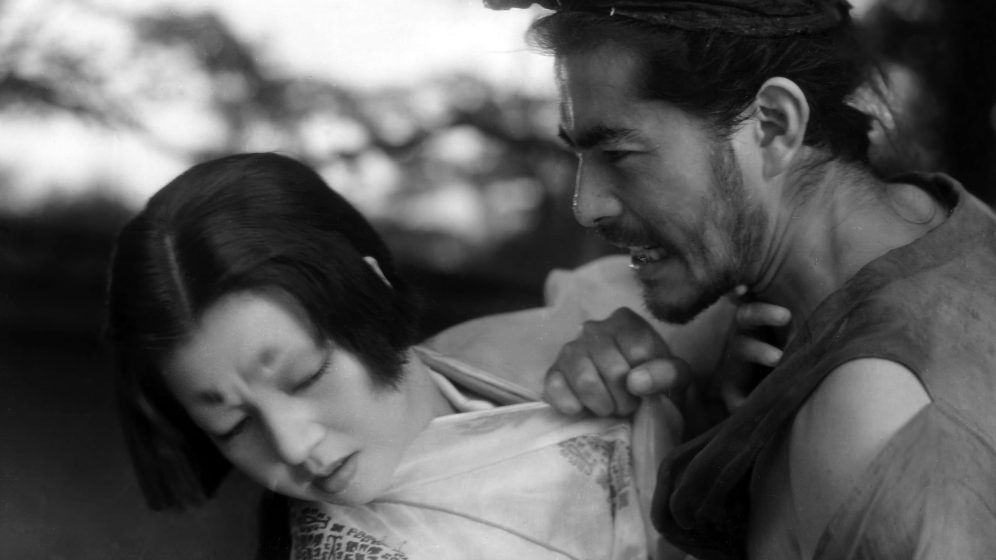
Director: Akira Kurosawa
Bandage: Toshirô Mifune, Machiko Kyô, Masayuki Mori
Release date: 26 Baronial 1950
Synopsis: Rashomon, one of many of Kurosawa's gems, became and then popular that information technology gave birth to the term Rashomon event. The motion picture, gear up in the 11th century, is most witnesses giving different versions of the same incident — the murder of a samurai (Mori) and the rape of his wife (Kyô).
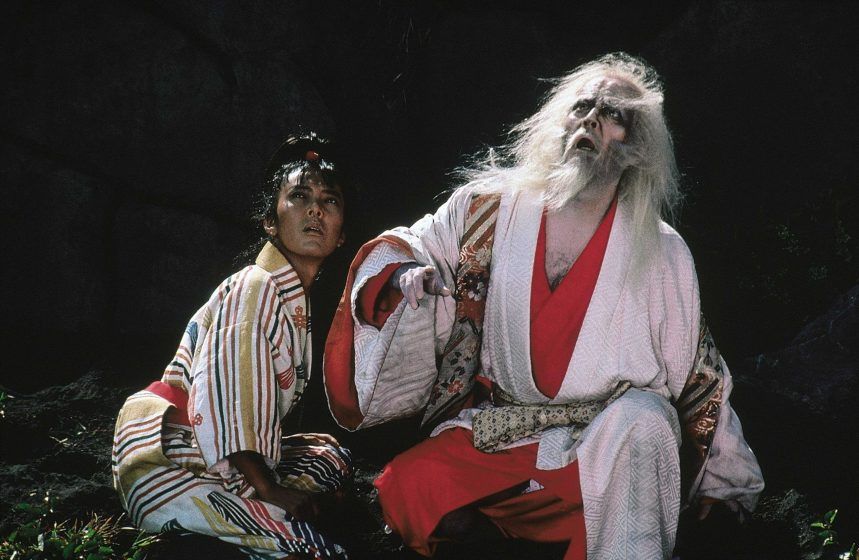
Managing director: Akira Kurosawa
Bandage: Tatsuya Nakadai, Akira Terao, Jinpachi Nezu, Daisuke Ryû
Release engagement: 25 May 1985
Synopsis: The plot is derived from William Shakespeare'due south King Lear and is considered one of the best adaptations of his works. Hidetora Ichimonji (Nakadai), an old warlord, decides to forsake as ruler in favour of his iii sons. The newfound power corrupts his sons and sets forth the course of destruction.
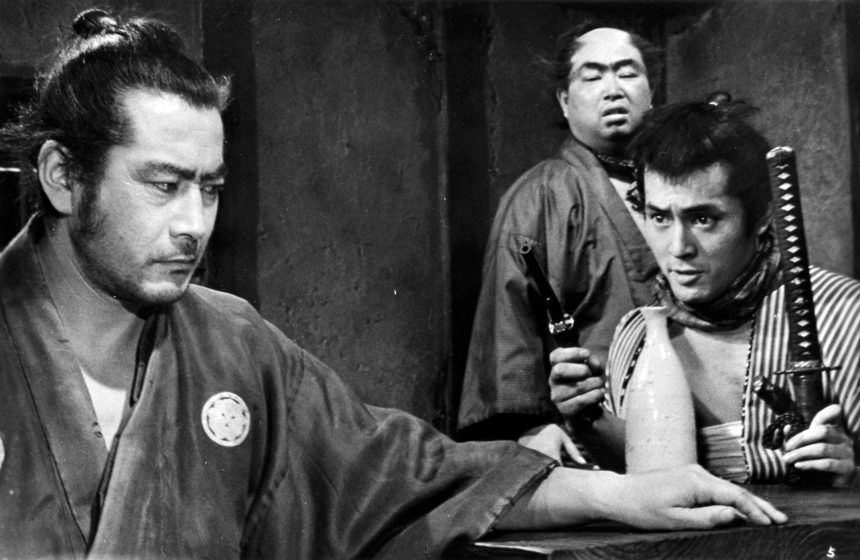
Director: Akira Kurosawa
Bandage: Toshiro Mifune, Eijiro Tono, Tatsuya Nakadai
Release engagement: 25 April 1961
Synopsis: Another of Kurosawa's all-time films, the movie revolves effectually a ronin (Mifune) who hatches a plan to pit ii criminal offence lords of a village against each other and restore peace in the community. A Fistful Of Dollars starring Clint Eastwood, which shot him into stardom, is oft considered a remake of this picture.
Source: https://www.lifestyleasia.com/bk/entertainment/movies/best-japanese-movies-you-need-to-watch/

0 Response to "hot japanese movies"
Post a Comment